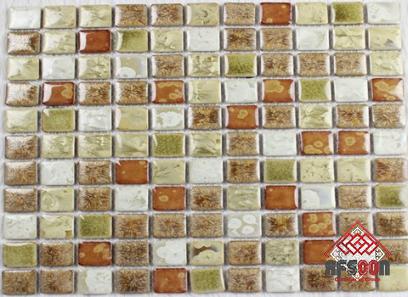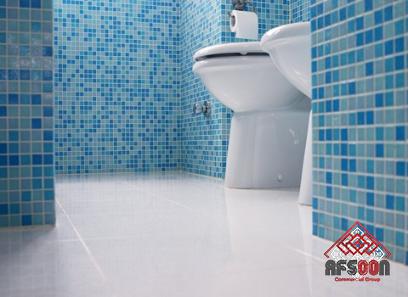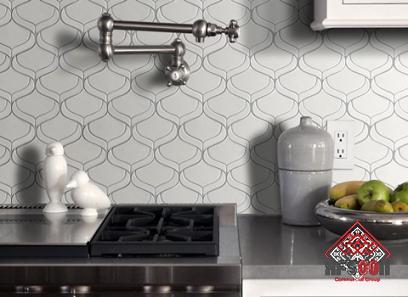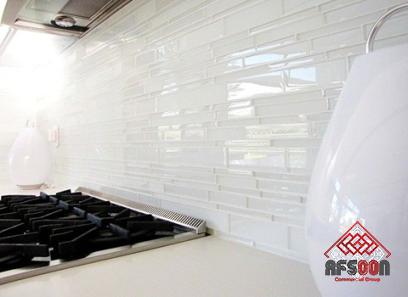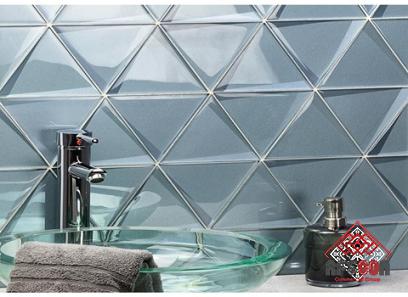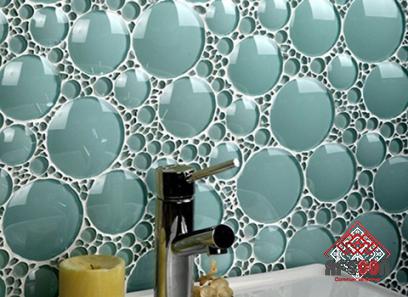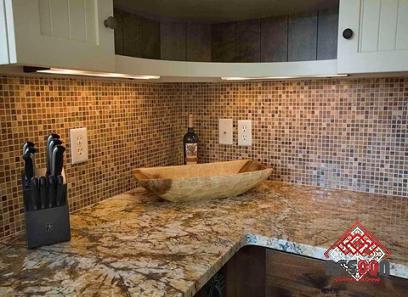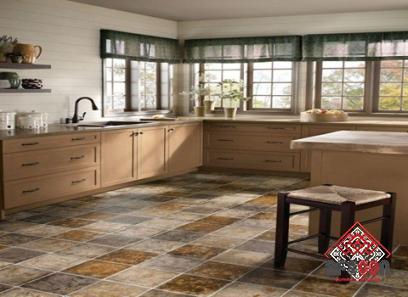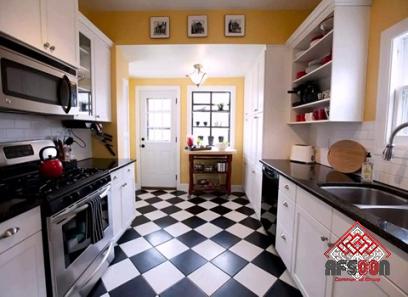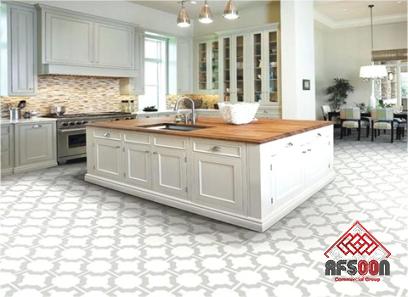porcelain tiles vs granite tiles
In this essay, we’ll compare granite vs porcelain floor tiles
When constructing a house, tiles are an essential component
In addition to its usage as flooring, it may also be used on walls, countertops in the kitchen, and even outside
Therefore, there is a variety of popular tiles to choose from among the options that are accessible
When it comes to issues of usability, design is sometimes the very last thing that anyone thinks about
It is very important to keep in mind that deciding whether to use granite or porcelain tiles is still a very important decision
Imagine you’ve just finished tiling your home, only to find out that the tiles you chose don’t match the décor of the space
A complete and utter waste of time and money because making any changes to them would involve starting the process over from the very beginning
Become
This is utterly unrealistic and cannot be done
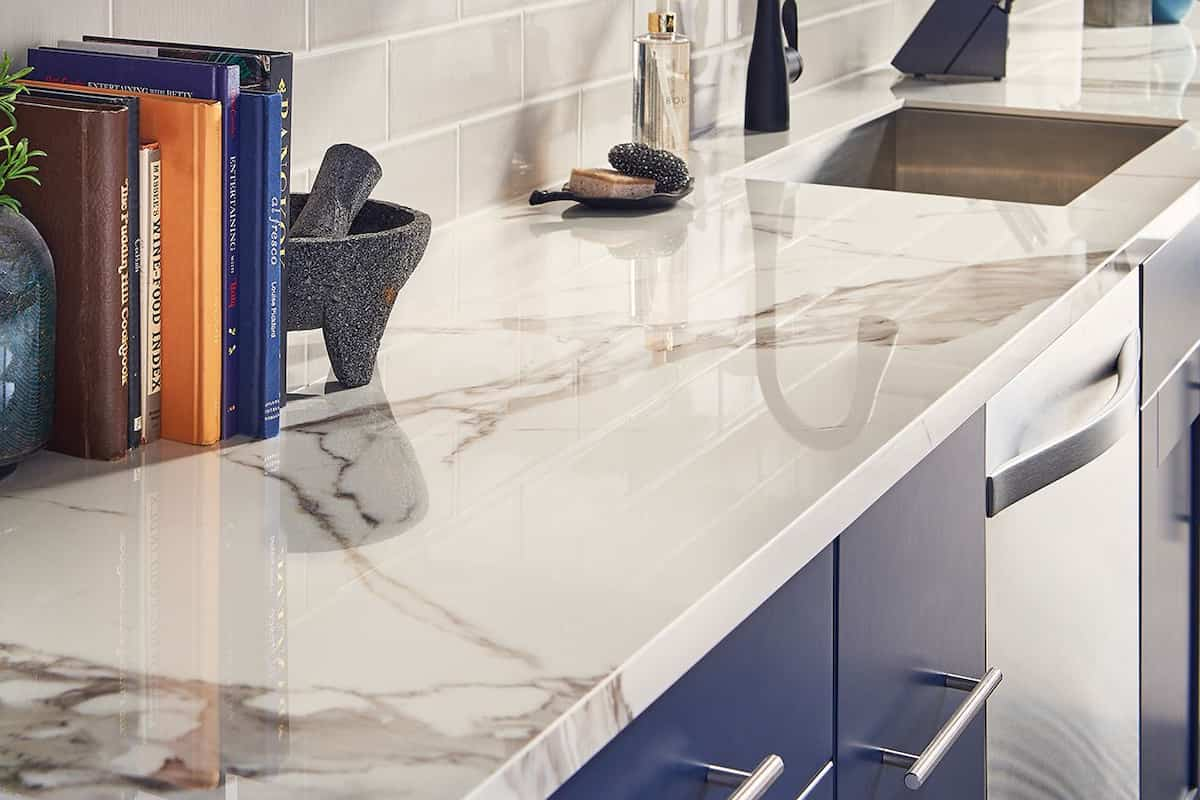
The simplest approach to do this is to select a style that can be incorporated into a variety of different kinds of interiors
Unquestionably, a warm brown tile might supply a solution and give you more time to think about other parts of the situation
However, if you put in some time and effort, decorating with earth tones could look nice in most settings
In the end, it is reassuring to be aware that granite and porcelain tile both have the potential to give an earthy color tone
Tiling the interior of your home has many benefits, but one of those benefits is that it helps to keep the structure of the building stable
This suggests that there should not be any signs of degradation in your kitchen, including the flooring or the walls
It is common knowledge that granite and porcelain tiles are extremely long-lasting
On the scale that measures toughness, both rank rather high
If all of the necessary steps are performed, porcelain tiles may be able to equal the hardness of granite, which ranks as one of the world’s hardest natural materials, second only to diamond in terms of its position among the world’s hardest natural materials
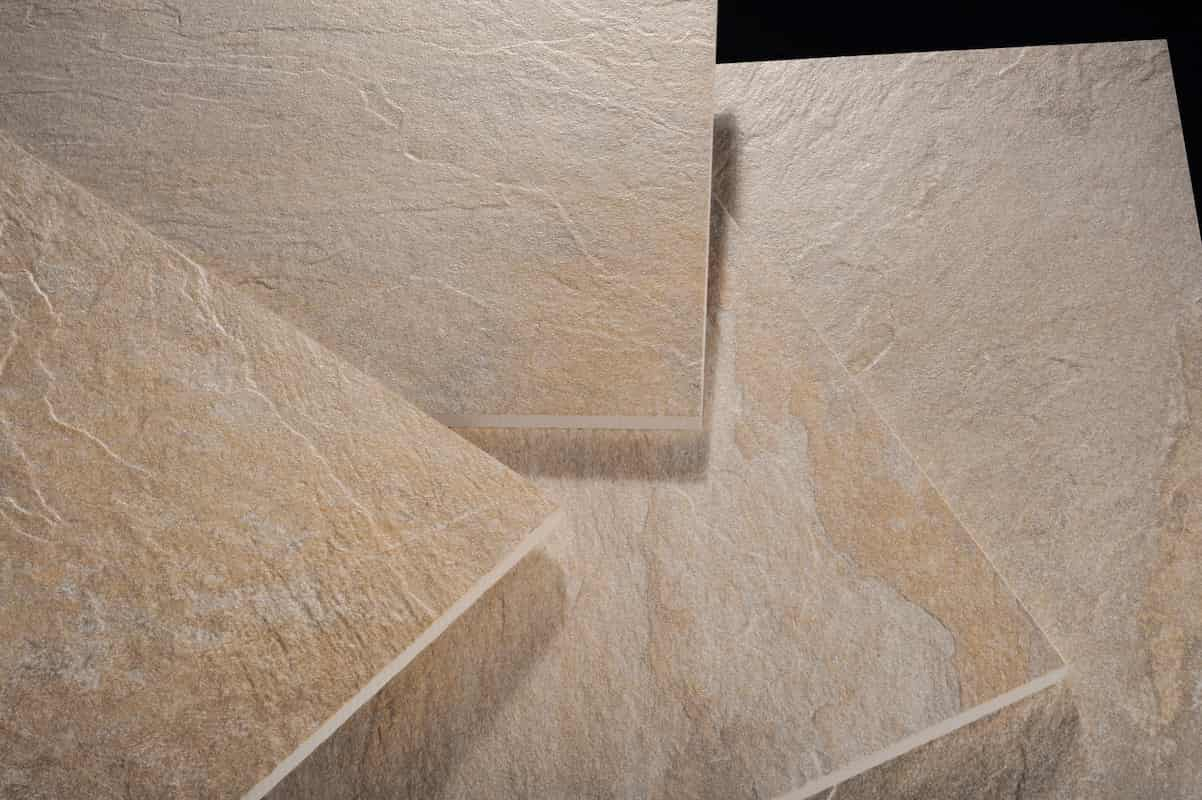
Actual stone tiles and porcelain tiles are both exceptionally resistant to dents and scratches, but porcelain tiles are substantially stronger than real stone tiles due to the several processes that are involved in producing porcelain tiles
Even though porcelain tiles are extremely durable and can withstand a wide variety of physical stresses, moisture is still a significant issue that must be addressed
As was said earlier, moisture resistance is an attribute that must be present in the tiles used in both the kitchen and the bathroom
Porcelain is the superior material to use for tiling any space
Granite tiles are quite popular due to the durability of their construction as well as the natural beauty of the stone
Porcelain tile, on the other hand, is the most flexible of the two options
It outperforms granite tiles in terms of durability, longevity, toughness, and the amount of maintenance that is required
In spite of this, granite tiles have been shown to have the most unique appearance overall
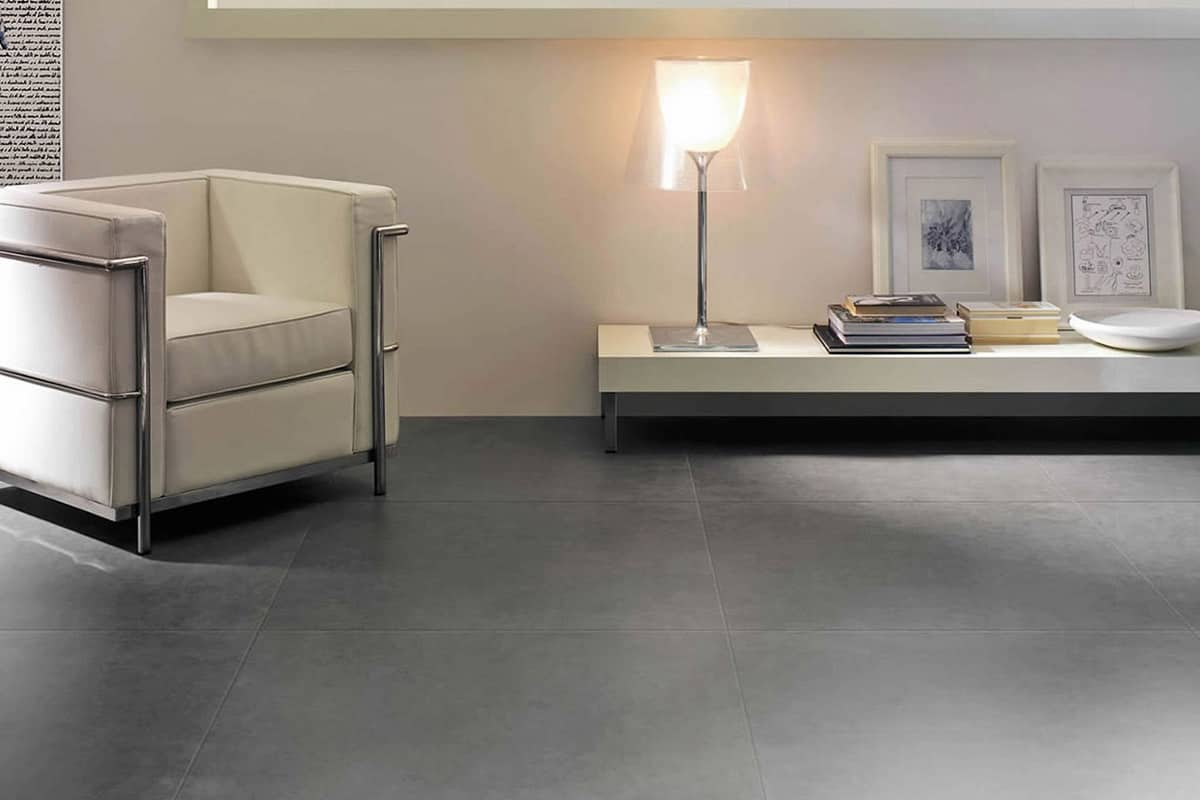
In the end, everything comes down to individual preference
Tiles made of porcelain are your best choice if you want to keep them within your financial constraints
Granite tiles, on the other hand, are the greatest choice for you if you are more concerned with design than anything else and don’t mind spending a little extra money
If you select the appropriate variety, granite tile flooring is essentially indestructible and can be used in any room without the risk of injury; this includes outdoor patios and entrances
Granite tiles, on the other hand, do not dissolve like marble, travertine, or limestone tiles, and they normally do not have a problem with stains
In addition, you may choose from an almost infinite variety of exquisite and one-of-a-kind patterns, as well as colors
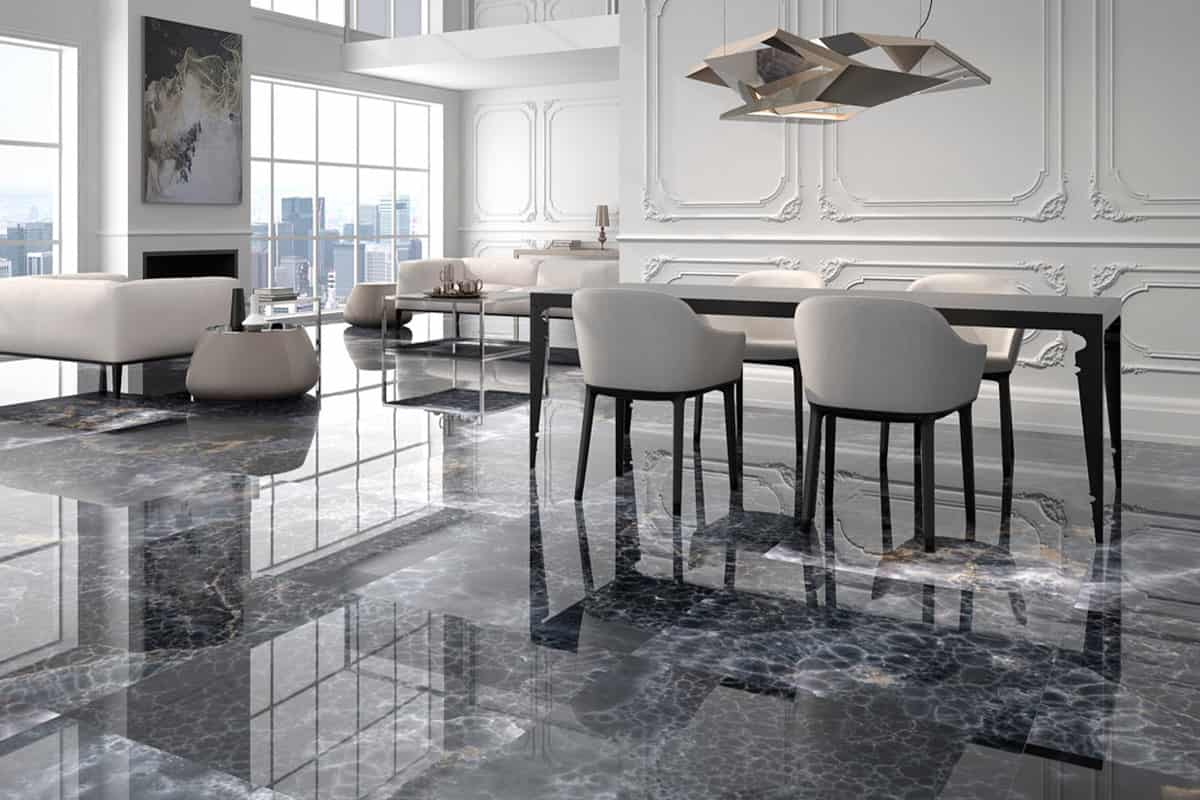
Granite typically requires just a little amount of maintenance; however, polished granite, which is analogous to polished stone floors, may require periodic refinishing depending on the amount of use and wear
Porcelain is a material that is frequently used as an alternative to stone and ceramic tile
It is harder and more robust than ceramic, much like stone, and it has a comparable appearance
Porcelain is able to more closely mimic the patterns, colors, and textures of natural stones such as marble, travertine, and other types of stone, and it gives a vast selection of design alternatives to accommodate any layout
Porcelain tiles are scratch- and stain-resistant, and they require very little care
These qualities make them comparable to ceramic tiles
You may put it wherever you want to put it

